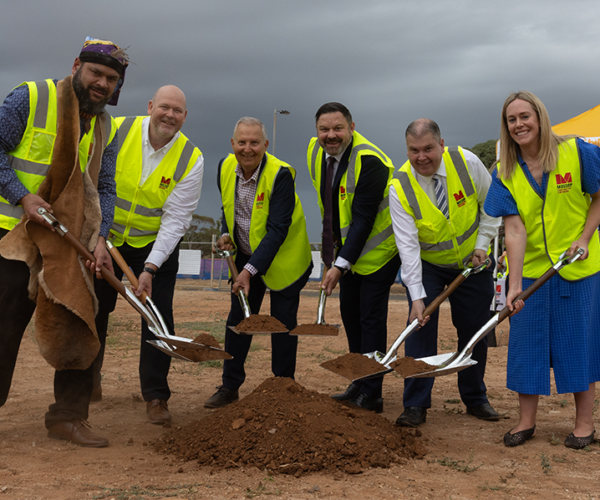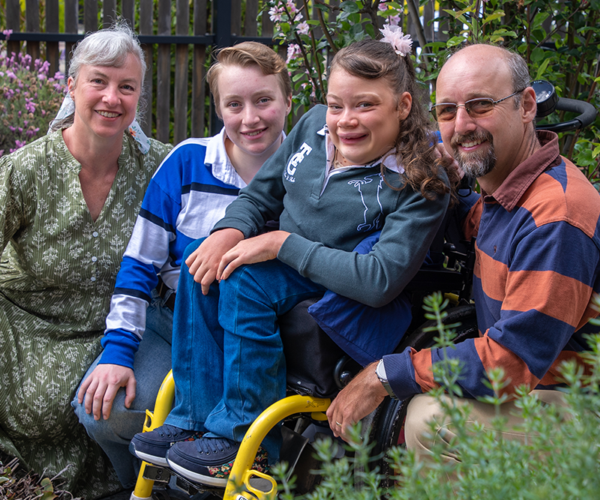The Women’s & Children’s Hospital Foundation (WCH Foundation) is proud to announce the awarding of $4 million in research funding to projects aiming to close the gap in health outcomes for Aboriginal and Torres Strait Islander women and children, and to enhance healthcare in newborn infants.
Research teams from the Women’s and Children’s Health Network (WCHN), South Australian Health and Medical Research Institute (SAHMRI) and Flinders University were awarded funds through the WCH Foundation Bloom Research Program. The 2024 Bloom Research Program grant round sought applications focusing on priority populations, emerging technologies and innovative solutions to health problems faced by women, children and families in SA.
After a rigorous and competitive application process, five projects were awarded a share in $4 million of research funding, including:
- Professor David Lynn of Flinders University and SAHMRI and his collaborators will trial probiotic treatment in infants who have received antibiotics, in the hope that it will restore the good bacteria in their gut, improving their vaccine response, and better protecting them against potentially deadly disease.
- Dr Tom Goddard of WCHN and his team will develop a rapid diagnostic tool to allow clinicians to diagnose and treat lung infections in Aboriginal children living in rural and remote regions in a timely manner, preventing the need for hospitalisation in the city and reducing the risk of permanent lung damage.
- Dr Jacqueline Gould of SAHMRI and her team have previously shown that Omega 3 DHA given to very preterm infants can improve their IQ. They will now undertake research to develop guidelines that will allow adoption of DHA supplementation in very preterm infants in SA and beyond.
- Cathy Leane of WCHN and her team will integrate Aboriginal ways of knowing into the healthcare system, by co-designing and testing community-based yarning circles to improve sexual, reproductive and perinatal healthcare amongst Aboriginal women and families.
- Professor Peter Anderson of WCHN and his team will investigate a targeted, non-surgical treatment for craniosynostosis based on stem cell technology, to prevent the bones of the infant skull fusing prematurely, reducing the need for invasive surgery.
Verity Gobbett, Head of Mission at the WCH Foundation, said that following last year’s huge inaugural year for the Bloom Research Program, this exciting outcome is even more wonderful news for the women, children and families of South Australia.
“Health and medical research is the backbone of modern healthcare for women, children, and families.”
“Our Bloom Research Program empowers South Australia’s brightest researchers to embark on large-scale projects, providing clear answers and innovative solutions to some of healthcare’s most pressing challenges. We are so proud to be supporting these projects, which would not be possible without the generous support of the South Australian community.”




